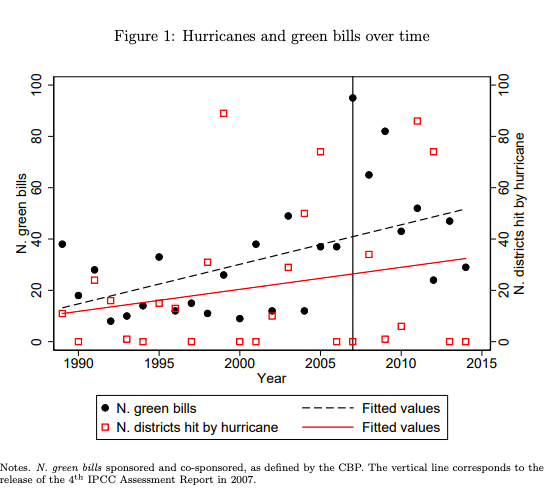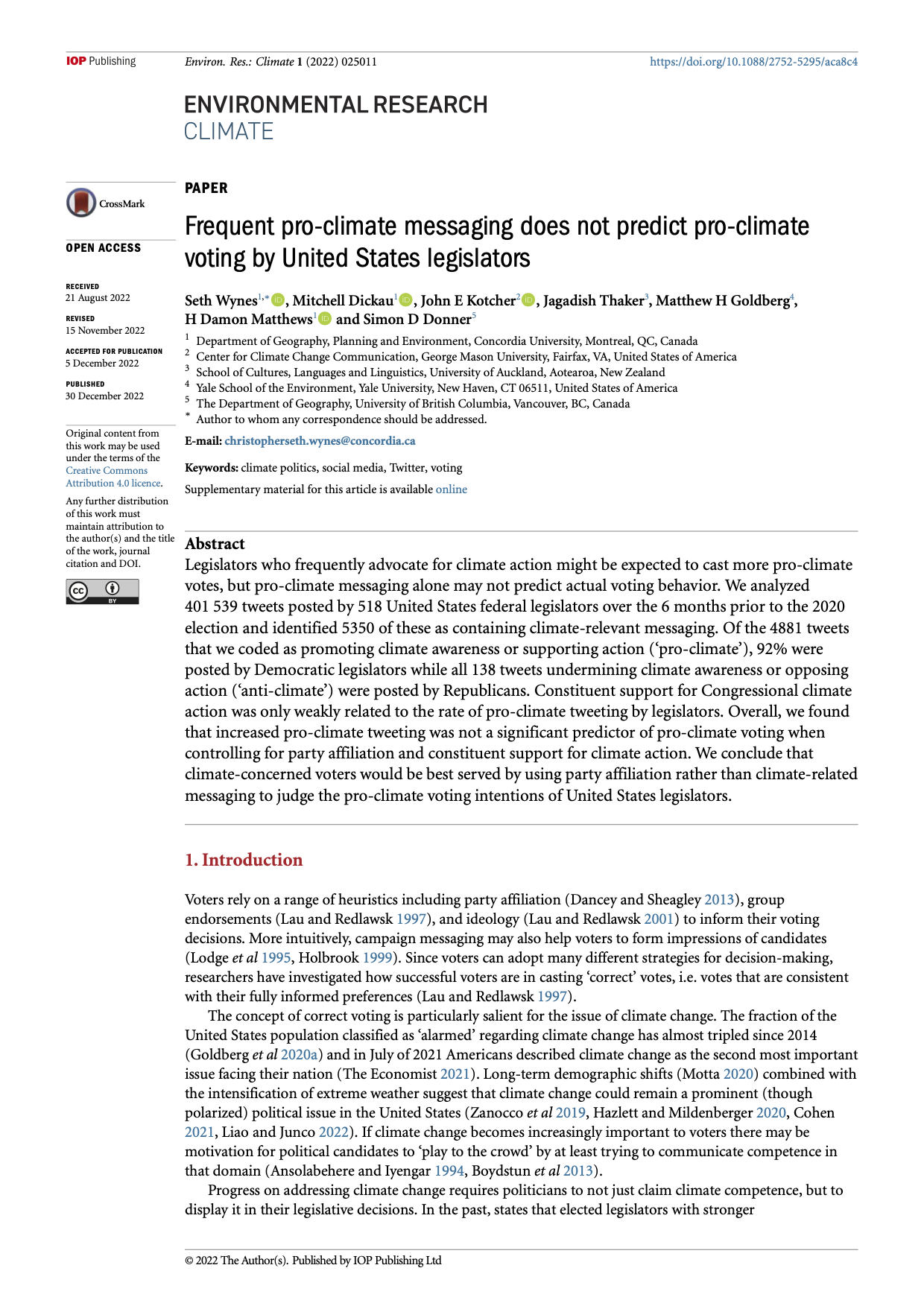Resources
Search below for resources covering the intersection of climate engagement, social science and data analytics.
RESULTS
Resilient Clean Energy for California
This report documents the widespread impacts of power shutoffs in California and the drawbacks of conventional solutions. Vote Solar documents the risks of relying on dirty BUGs, including deaths from carbon monoxide poisoning, hazardous air pollution, and, ironically, fire hazards.
Webinar: Centering Equity in Climate Adaptation and Resilience –– with Asian Pacific Environmental Network and The Greenlining Institute
This conversation highlights findings from two reports focused on how the climate advocacy community can support equitable climate resilience (the ability of communities to adapt and thrive in the face of impacts from climate change) in climate policies and programs, as advocates nationwide are pushed to think beyond a frame of "simply" climate mitigation: Making Equity Real in Climate Adaptation and Community Resilience Policies and Programs: A Guidebook and Mapping Resilience: A Blueprint for Thriving in the Face of Climate Disasters.
Hurricanes, Climate Change Policies and Electoral Accountability
When climate disasters hit, politicians representing those places may become more concerned about climate change. This resource documents that congress members from districts hit by a hurricane are more likely to support bills promoting more environmental regulation and control in the year after the disaster. The change in legislative behavior by these members of congress is persistent over time, and it is associated with an electoral penalty in the following elections. Further, this effect mainly happens among legislators who are from safe districts (i.e., less likely to face a strong general election challenger in the next election), those with more experience, and those with strong pro-environment records.
The Political Power of Protest: Minority Activism and Shifts in Public Policy
Gillion’s research examines whether a protest can make a real change – and the short answer is that it does. Looking at the effect of civil rights protests from the 1960’s–1990’s on Congress, he found that protest had a small but detectable effect on legislators. And he identified factors that increased the salience of a protest to politicians.
Frequent pro-climate messaging does not predict pro-climate voting by United States legislators
Tweets are not a good way to judge elected leader's climate actions: the frequency with which Congresspeople tweet on climate is only weakly linked to their constituents’ opinions, and not linked to their climate voting record at all. In an analysis of US members of Congress over the 6 months prior to the 2020 election, constituent support for Congressional climate action was only weakly related to the rate of pro-climate tweeting by legislators.
Pagination
- Previous page
- Page 2


